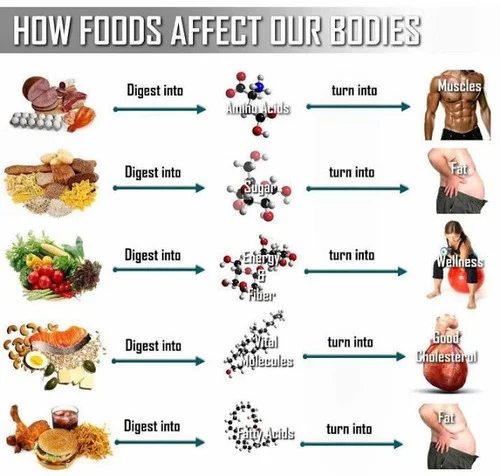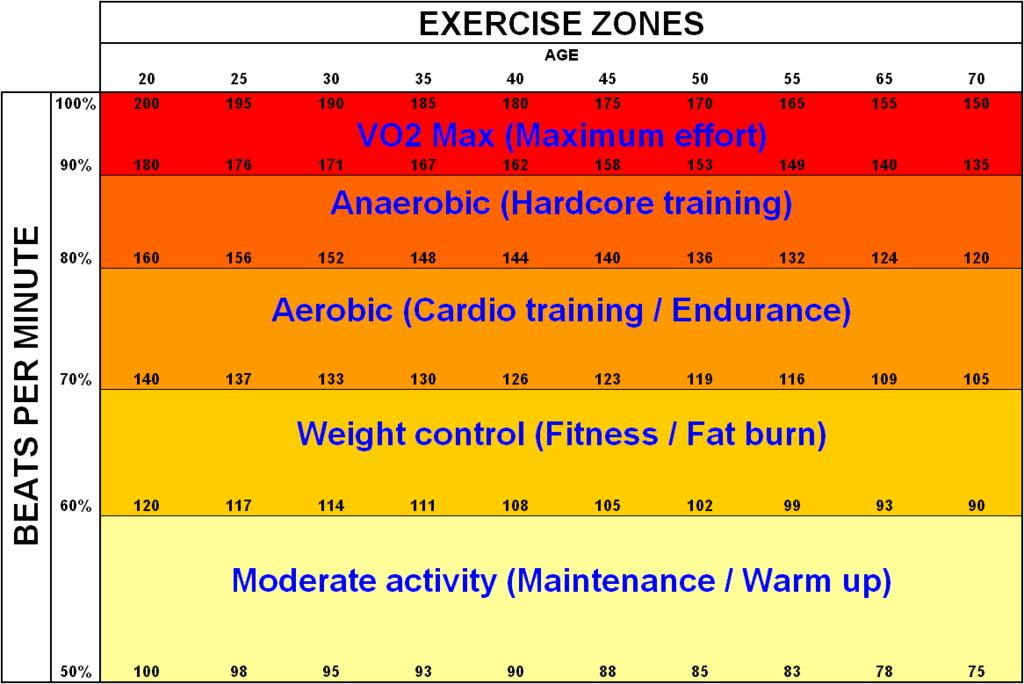![healthy-foods[1].jpg](https://images.squarespace-cdn.com/content/v1/545bd5dfe4b018968b9d8fa1/1416842017815-9D2E2A8W7YVUHJZJ2HKM/healthy-foods%5B1%5D.jpg)
![8-reasons-women-should-lift-image-2[1].jpg](https://images.squarespace-cdn.com/content/v1/545bd5dfe4b018968b9d8fa1/1416600830218-WBAU0YE6C7P85UFRYK48/8-reasons-women-should-lift-image-2%5B1%5D.jpg)
![herb-supplements_570[1].jpg](https://images.squarespace-cdn.com/content/v1/545bd5dfe4b018968b9d8fa1/1416587955842-1367VW57D2665EJ3TV78/herb-supplements_570%5B1%5D.jpg)

![Woman-Getting-Shoulder-Massage_full[1].jpeg](https://images.squarespace-cdn.com/content/v1/545bd5dfe4b018968b9d8fa1/1416597451674-7EEKIKR74TT0KN1NDOID/Woman-Getting-Shoulder-Massage_full%5B1%5D.jpeg)
Personal Training Services
Personal Training Services
Houston Dynamo Spec Commercial
Master Trainer: Darryl Perrilloux
Video production/ editing: Anthony Vasser
let's get physical
Personal training is conducted by a fitness professional and is involved in creating comprehensive exercise programs for their client(s). Exercise programs normally start with a medical release, body composition measurements, and gathering exercise history and goal setting information. After initial information is gathered, a personal trainer will create a comprehensive exercise program through proper exercise and cardiovascular strategies and technique, a customized eating plan with foods you choose, supplement recommendations, and other intangibles, that is designed to assist their client in reach their goals. Adjustments to the comprehensive exercise program are made real time to ensure optimal results and prevent exercise plateaus.
Dynamic Muscle Performance Fitness is committed to serving the needs of our clients and creating high quality comprehensive exercise programs that maximize your fitness goals. DMP Fitness is fully equipped and staffed to administer personal training sessions and nutritional/supplement services: online, in the comfort of your own home, outdoor, and in a gym setting
![healthy-foods[1].jpg](https://images.squarespace-cdn.com/content/v1/545bd5dfe4b018968b9d8fa1/1416842017815-9D2E2A8W7YVUHJZJ2HKM/healthy-foods%5B1%5D.jpg)
Nutrition Services
Nutrition Services
Proper Food intake
Proper food intake is the most important aspect of your Complete Fitness Program. You already eat to fuel your daily activities. When you begin a fitness program, you need to make adjustments to your eating to ensure you have enough energy to exercise and maximize results. A Fitness Professional will create structured and custom eating plans with foods that you choose (within reason) that will support your fitness goals: fat loss, muscle gain, sports performance.
Some other guidelines you can incorporate into your daily eating plan should include the following:
- Eat 4-6 small meals per day.
- Eat as much whole, organic food as possible, avoiding anything processed with artificial ingredients.
- Aim to void meals that are a combination of high fat and high carbohydrate content.
![8-reasons-women-should-lift-image-2[1].jpg](https://images.squarespace-cdn.com/content/v1/545bd5dfe4b018968b9d8fa1/1416600830218-WBAU0YE6C7P85UFRYK48/8-reasons-women-should-lift-image-2%5B1%5D.jpg)
Resistance Training
Resistance Training
Resistance Training
Resistance training or strength training is a type of physical exercise that induces muscular contractions which can build muscular strength, anaerobic endurance, muscular size, increase bone mineral density, increase metabolism, improve cardiac function, and elevate HDL (good) cholesterol.
When creating a comprehensive fitness program, a fitness professional will take into account a client's medical history, fitness history, postural analysis, nutrition/supplement intake, and motivation level when creating the resistance training aspect of the program.
Resistance training programs are created to be safe, effective, and support your fitness goals: fat loss, muscle gain, sports performance.
Other guidelines you can incorporate into your resistance training program include the following:
- Perform some type of resistance training exercise at least 3 days per week.
- Incorporate "primal" movement patterns (push, pull, squat, bend, lunge, rotation) into your workout daily and/or throughout the week.
- Train different types of muscular contractions: endurance, hypertrophy, max strength, power.
![herb-supplements_570[1].jpg](https://images.squarespace-cdn.com/content/v1/545bd5dfe4b018968b9d8fa1/1416587955842-1367VW57D2665EJ3TV78/herb-supplements_570%5B1%5D.jpg)
Supplementation
Supplementation
proper supplementation
Dietary supplements are intended to provide nutrients that you may not be consuming from your daily food intake. Supplements can include vitamins, minerals, fiber, fatty acids, and amino acids among other substances. Supplements are not intended to prevent or treat any disease.
When a fitness professional creates a supplement recommendation list for you, you are under no obligation to purchase and consume these supplements and it is recommended that you consult with a physician prior to beginning a supplement program. The supplements that are recommended to clients will ensure optimal ensure potency, delivery, and effectiveness. Finally, a fitness professional will create a custom supplement program to support your goals: fat loss, muscle gain, max strength, sports performance, recovery.
Some general supplementation recommendations I suggest include the following:
- Take a multi-vitamin/mineral complex or superfood supplement everyday
- Invest in a good hydrolyzed protein isolate powder or vegan protein powder if you're a vegetarian
- Take a krill oil, chia seeds, or fish oil supplement to get your healthy fats
- Especially for women: calcium supplement with vitamin D

Cardiovascular Training
Cardiovascular Training
Cardiovascular training
Cardiovascular training or aerobic exercise is a physical activity of low to high intensity in which requires oxygen to meet the energy demands of the particular activity. Aerobic exercise and fitness can be contrasted with anaerobic exercise, of which strength training and short-distance running are the most salient examples. The two types of exercise differ by the duration and intensity of muscular contractions involved, as well as by how energy is generated within the muscle.
Among the recognized benefits of doing regular aerobic exercise are:
- Strengthening the muscles of the lungs involved in respiration.
- Strengthening and enlarging the heart muscle, to improve its pumping efficiency and reduce the resting heart rate.
- Improving circulation efficiency and reducing blood pressure
- Increasing the total number of red blood cells in the body, facilitating transport of oxygen
- Improved mental health, including reducing stress and lowering the incidence of depression, as well as increased cognitive capacity.
- Reducing the risk for diabetes.
- Improve bone mineral density thus reducing risk of osteoporosis.
In addition to the health benefits of aerobic exercise, there are numerous performance benefits:
- Increased storage of energy molecules such as fats and carbohydrates within the muscles, allowing for increased endurance
- Increase blood flow through the muscles
- Improving the ability of muscles to use fats during exercise, preserving intramuscular glycogen
- Enhancing the speed at which muscles recover from high intensity exercise
Fox and Haskell formula showing the split between aerobic (light orange) and anaerobic (dark orange) exercise and heart rate
A fitness professional will create a structured cardiovascular program that will support your goals: fat loss, performance.
Some general guidelines I recommend for cardiovascular training include the following:
- Do some form of cardio training 3-5 day/week for at least 30 minutes per session
- Vary your cardio mode: running, bike, swimming, sports, weighted carries, interval training, HIIT
- Vary your cardio intensity (low,medium, high)
![Woman-Getting-Shoulder-Massage_full[1].jpeg](https://images.squarespace-cdn.com/content/v1/545bd5dfe4b018968b9d8fa1/1416597451674-7EEKIKR74TT0KN1NDOID/Woman-Getting-Shoulder-Massage_full%5B1%5D.jpeg)
Recovery/Other Intagibles
Recovery/Other Intagibles
Recovery
As exercisers we focus so much on working hard and getting results, that sometimes we forget to balance it with proper recovery strategies. We touched upon nutritional recovery strategies in the page above, but it is also important to incorporate soft tissue recovery strategies such as: stretching, massage, acupuncture, pain management services, and chiropractor services. DMP Fitness has an extensive list of referrals to other health-care providers that can aid you in some of these recovery strategies.
In addition to soft tissue therapies, it's important to get the proper amount of rest in the form of sleep at night or naps during the day. It is generally recommended that you aim for 6-9 hours of sleep at night or squeeze in a nap during the day. Getting the proper amount of sleep can boost your Growth Hormone levels and immune system, decrease your Cortisol levels, and help recover mental capacities as well.
Other tips to increase the quality of your sleep can include the following:
- Don't exercise too close to bedtime.
- Try not to drink a lot of alcohol close to bedtime.
- Turn electronic devices off.
- Limit stimulants (like caffeinated beverages) close to bedtime.
Lastly, it's very important and commonly overlooked to consider your support system when involved in an exercise program. Having family, friends, and co-workers that support your fitness goals will ensure that you stay of track and help you as you progress in your program.


